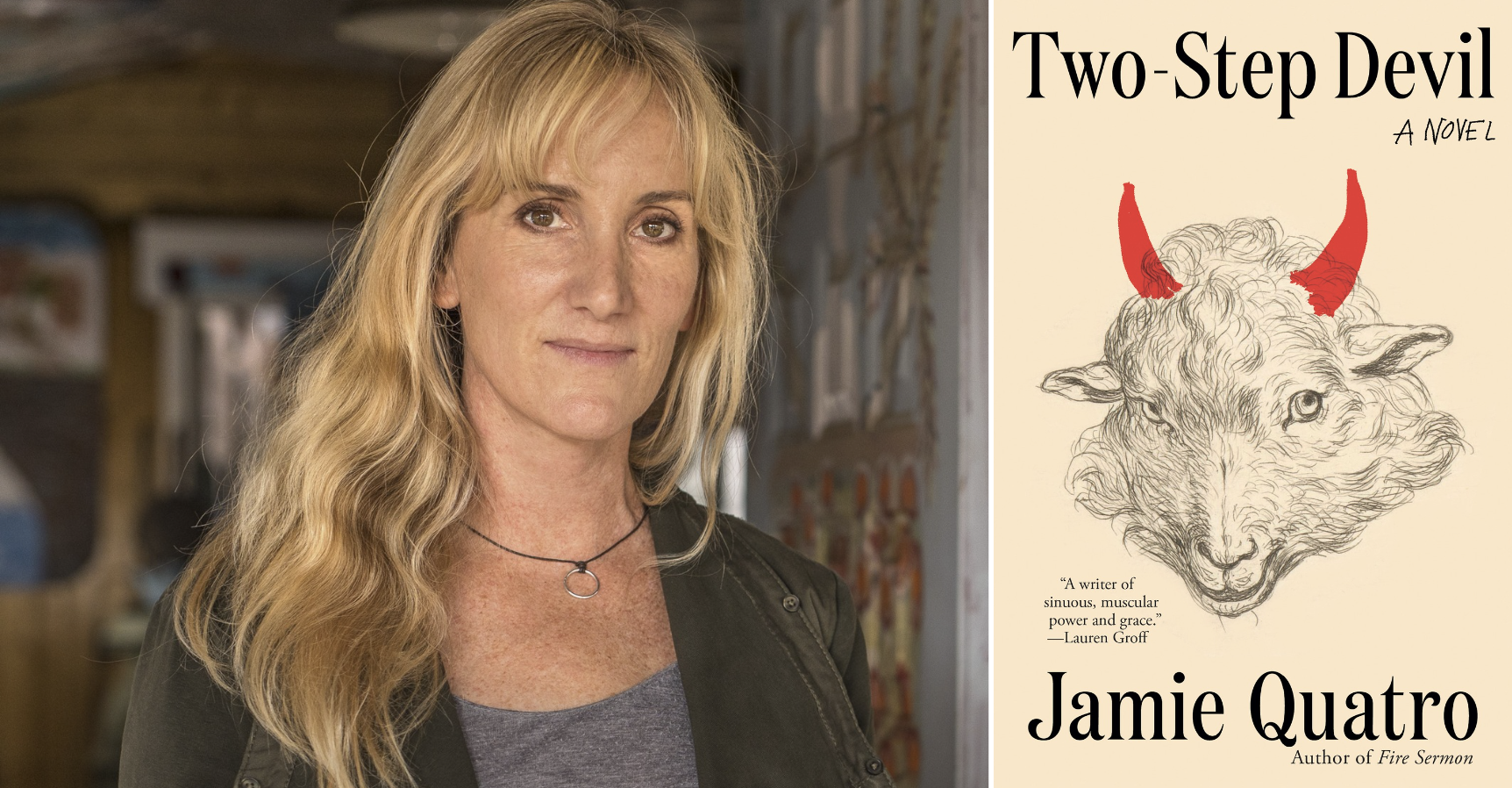
1.
Let us go then, you and I,
When the evening is spread out against the sky
Like a patient etherized upon a table…

 Teddy Wayne is drawn to loners. His debut novel, Kapitoil, chronicled a brilliant young immigrant’s attempts to penetrate the lingual and interpersonal density of New York’s Financial District. Wayne’s next book, The Love Song of Jonny Valentine, followed an 11-year-old pop star on tour as his manager/mom slipped him pills and arranged publicity-driven “dates” with other fun-sized celebs. Each narrator failed (for the most part) to burst through his respective bubble and connect with others. Each book pulled double duty as amusing character study and troubling social commentary.
Teddy Wayne is drawn to loners. His debut novel, Kapitoil, chronicled a brilliant young immigrant’s attempts to penetrate the lingual and interpersonal density of New York’s Financial District. Wayne’s next book, The Love Song of Jonny Valentine, followed an 11-year-old pop star on tour as his manager/mom slipped him pills and arranged publicity-driven “dates” with other fun-sized celebs. Each narrator failed (for the most part) to burst through his respective bubble and connect with others. Each book pulled double duty as amusing character study and troubling social commentary.
Which brings us to Loner (Simon & Schuster), Wayne’s latest first person, voice-driven, cautionary tale of societal ill. Like Love Song, the specter of J. Alfred Prufrock looms over this story — but this time Prufrock heralds more doom than gloom.
Harvard freshman David Alan Federman seems harmless enough at first, flipping words around in his head (e.g., David becomes Divad) and flopping conversationally. He bemoans his “blandly all-purpose name” and his no-purpose body — “a rectangular vacuum of charisma.” He checks his jacket for pee because he was bullied as a kid, which affords him some sympathy. David’s voice is off-putting (“quite a fancy prose style,” says a teacher; “Full of high sentence, but a bit obtuse,” says T.S. Eliot), but in the early going his quirks seem like comic relief. His fashion sense comes to mind:
Earlier that week my mother had dragged me to the mall, where I’d decided to adhere, for now, to my usual sartorial neutrality of innocuous colors and materials. It would socially serve me these first few weeks to look as benign as possible, the type of person who could be friends with anyone.
(Or no one.)
David just seems like a lowly nerd with an inflated sense of academic and romantic prowess, which he may have inherited from his mother. Her advice on move-in day? Just be yourself. “You can’t go wrong being yourself,” she says, like a guidance counselor telling a student he can’t go wrong becoming a bathroom attendant, or a coach telling Andre Drummond he can’t go wrong getting to the free throw line.
2.
There will be time, there will be time
To prepare a face to meet the faces that you meet;
There will be time to murder and create…
Mrs. Federman’s naivete will prove bottomless, plummeting alongside David’s depravity. A beautiful classmate reveals David’s true colors, and they are far from innocuous.
Veronica Morgan Wells is a wealthy pill-popping fox with a chip on her shoulder. David and other men fight and drool over her as if she’s prey: a thing to catch, possess, devour. His feelings for Veronica ferment overnight into a toxic obsession that drives the book, crushing any remaining hope that Loner will be a dramedy, or that David will redeem himself.
David Facestalks, he shadows Veronica around campus, he enrolls in her Prufrock class. He starts seeing Veronica’s roommate, Sara, only for her proximity to his prize. (Which stings even more given how real Sara feels as a character, and the many small ways she endears herself to the reader.) He piles lies on top of lies and commits academic fraud. He imagines Sara is Veronica while fooling around with the former. Later, “unbidden,” he pictures pushing Sara into oncoming traffic. At which point I wrote in my notes, “Is he going to MURDER HER?” (I meant Veronica, but Sara wouldn’t have surprised.)
David is in fact a psychopath, as made plain in his breakup with Sara, which lands a little too squarely on the nose:
“No,” she said stoically. “You don’t care about me. I don’t think you’re capable of caring about anyone besides yourself.”
“I’m not sure where you’re getting that,” I said.
“You’re missing whatever it is that makes you feel things for other people,” Sara said.
If that’s not confirmation enough: David also gets off on making girls cry. When Sara weeps, he rises. Not sure that’s how psychopathy works (I’m sure it’s how something works, for someone), but it is an effective way to peck away at those last few bits of sympathy for the narrator.
3.
I have heard the mermaids singing, each to each.
I do not think that they will sing to me…
Like Seung-Hui Cho, Dylan Klebold, and Eric Harris, David Alan Federman is a victim of bullying with a disdain for jocks. (He describes a pair of baseball players as “entitled athletes who chased openmouthed after fly balls like Labrador retrievers.”) And like that axis of evildoers, he deeply resents his anonymity.
Perhaps even more than he wants to capture Veronica and inhabit her world, David wants to be known. (At one point he whimpers, “A fictional character had left more of a mark on this place than I ever would.” He means Harvard, but could just as easily mean Earth.) It’s hard to separate David’s twin desires because a large part of Veronica’s allure for him is that, if they dated, she would pull him into her apex orbit:
My parents made good salaries practicing law, but didn’t come close to the assets of your families, where a crack about tuition and parking would never even come to mind, let alone be verbalized…You had traveled widely, dined at Michelin-starred restaurants without parental supervision, matriculated at schools with single-name national reputations, ingested designer drugs and maybe had a cushy stint in rehab.
But it wasn’t just your financial capital that set you apart; it was your worldliness, your taste, your social capital. What my respectable, professional parents had deprived me of by their conventional ambitions and absence of imagination.
David wants Veronica for all the wrong reasons, and we know he will never have her. The only question is how exactly — and how terribly — he will exact his revenge. The title, Loner, suggests a killer’s profile: “Kept to himself,” “He was always really quiet,” etc. David doesn’t own a gun or don a trench coat, but as the story morphs into a page-turner, the reader senses a deadly trajectory.
But [spoiler alert] red herrings abound. For all the talk of murdering poor Sara (it’s a running joke) — and all Wayne’s sprinkled hints that David has written this 200-page letter pre-suicide, post-massacre, and/or behind bars (“A lifetime on the inside of a jail cell flashed before my eyes. (Ha.)”) — there won’t be blood. David is not Seung-Hui Cho, or Dylan Klebold, or Eric Harris (or at least, he’s not only them). A more apt parallel is Brock Turner.
4.
Should I, after tea and cakes and ices,
Have the strength to force the moment to its crisis?
Loner is not about bullying’s bloody aftermath, or how Mental Health Services can do more to thwart shootings on school campuses. It’s about men — in particular, white men of privilege — feeling entitled to women’s bodies, and how that is heinous and psychopathic, and how these particular men are immune to remorse and repercussion.
David Federman does not kill anyone, but (on separate occasions) he rapes Sara and tries to rape Veronica. From his warped perspective, these women have teased and manipulated him, and he will reap what he is “owed.”
Sara is too drunk to fight back, and Veronica’s struggles only power David’s conviction, “my legs doubling in size, my body lengthening and massing as you shrank in direct proportion under me. But this is how you wanted me to act all along, isn’t it.” The implication is clear: You’re saying no, but you mean yes. You want me to take this. You’ve wanted this all along.
(A year after Kobe Bryant’s accuser dropped the rape charges against him, Bryant penned an apology: “I recognize now that she did not and does not view this incident the same way…I now understand how she feels that she did not consent to this encounter.” Please read and consider “The Legacy of the Kobe Bryant Rape Case.”)
As the police cuff him and stuff him into the back of a squad car, David basks in his newfound infamy while the “cinematic montage of [his] future” unspools before him:
…A British tabloid would give me the libelous sobriquet “the Harvard Rapist”; the Parisian press would speculate about a ménage a trois gone wrong. The frozen, lopsided smile from my Freshman Register photo would fuel their fascination. The white male with whom everyone would become obsessed.
I would listen, deadpan, as the foreman read the jury’s decision in my televised trial for attempted rape. A verdict of guilty for the Harvard Rapist, David Alan Federman. Famous David.
But — as with the real-life cases of Brock Turner (the Stanford Rapist) and 18-year-old David Becker—justice is not forthcoming. David’s parents are attorneys, after all, and he’s a man of privilege. His lawyer says Veronica consented, and there is little physical evidence to dispute him. If the case goes to trial, Veronica’s name will leak and the media will pounce, shredding her character (as they did Bryant’s victim’s, among others’). David pleads to a lesser offense, agrees to stay away from Veronica for five years, and gets off scot-free.
5.
I should have been a pair of ragged claws
Scuttling across the floors of silent seas…
By establishing David as a psychopath and giving him the markings of a killer, Teddy Wayne elevates (or lowers) the crime of rape to murder’s level. By the end, David’s actions seem no less dreadful for their lack of fatality.
In the case of Brock Turner, both the judge and Turner’s father painted the accused as a normal college kid who simply got carried away after one too many beers — the Boys Will Be Boys defense. Dan Turner despicably called his son’s six-month sentence “a steep price to pay for 20 minutes of action.” Judge Aaron Perksy, who attended Stanford, claimed a prison sentence “would have a severe impact” on the guilty party (which is kind of the point?) and said, “I think he will not be a danger to others.”
In his apology to the victim and the Court, Turner himself blamed peer pressure and binge-drinking, stating, “I’ve been shattered by the party culture and risk taking behavior that I briefly experienced in my four months at school.” He’s been shattered? That is not remorse. That is not empathy. That is the apology of a psychopath — someone who very much will be a danger to others. (A wisp of a silver lining: Judge Persky no longer hears criminal cases, and a petition to impeach him has amassed 1.3 million signatures.)
Loner highlights the outsize influence of class on justice, but it’s also a chilling commentary on gender politics. Veronica (who is from an even higher class than David) can afford a top attorney, and she has an eyewitness (female) who saw David try to rape her. Yet she can’t hold him — or her possessive ex, or the sleazy TA with whom she’s having an affair — accountable because he is a man and she is a girl. She must have misunderstood a consensual encounter, or forgotten to take her pills that day, or taken too many. She must crave money (she has plenty) or attention (of the worst possible kind).
Teddy Wayne holds up the Ivy White Male card as the ultimate trump. He means to slap awake a country that glorifies wealth; deifies men; objectifies women; and treats victims of sexual assault like sluts, kooks, and gold-diggers. The story barely qualifies as fiction, and it arrives on our shelves just in time.







